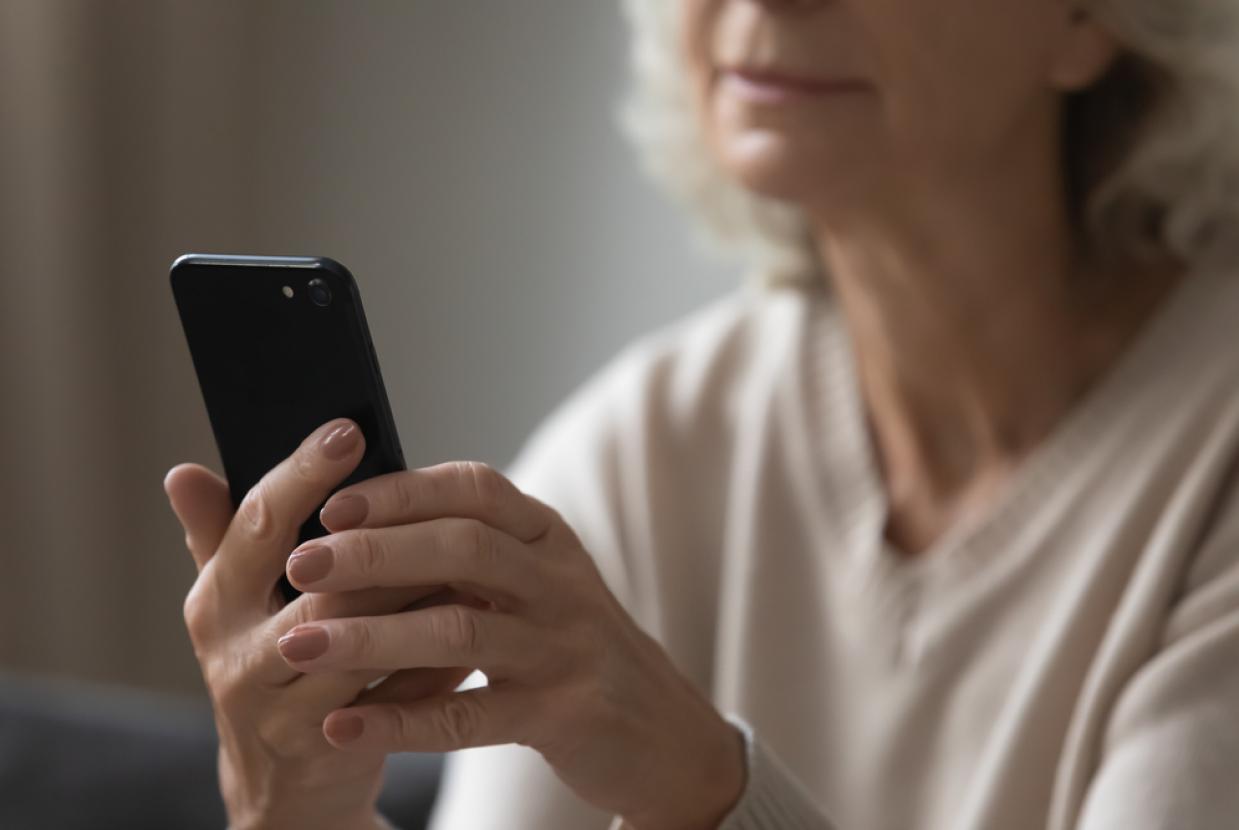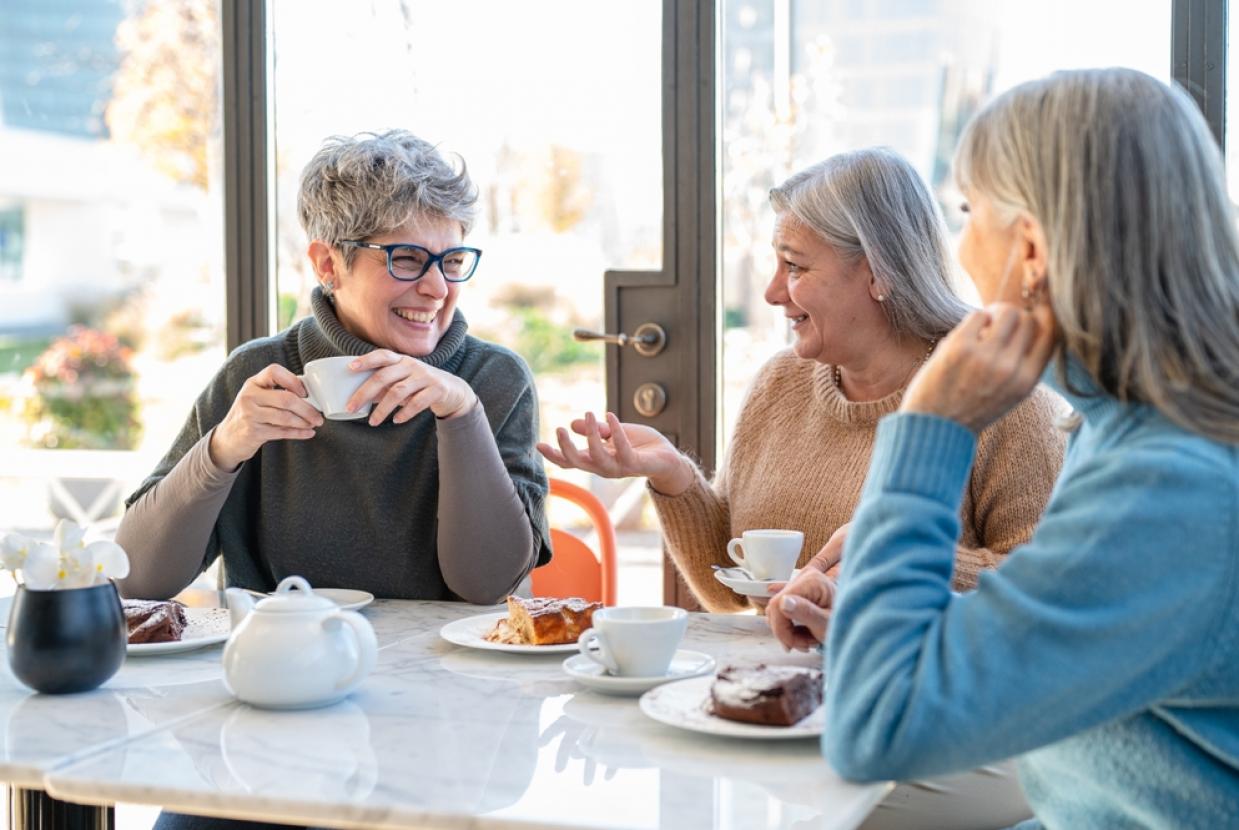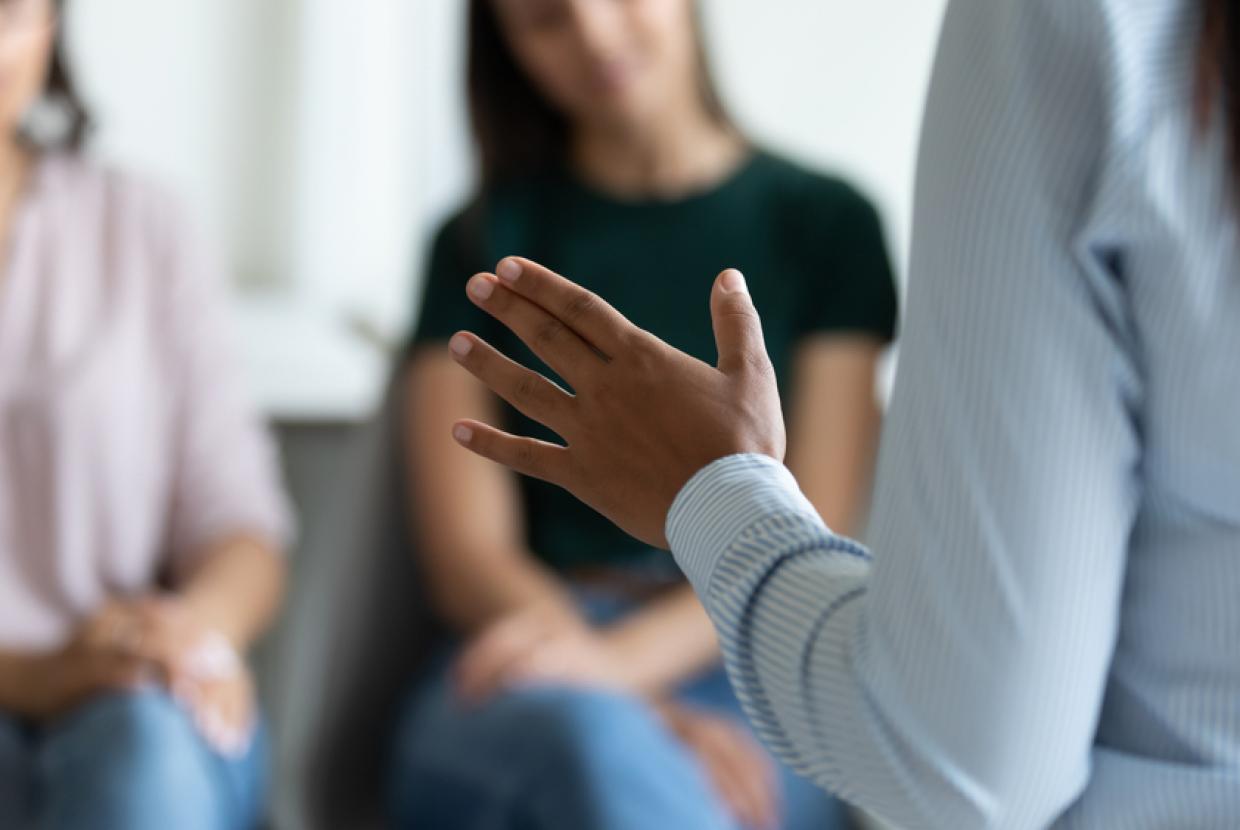Looking After Your Eyes
Having a regular eye examination (eye test) with your optometrist (optician) is the best way to make sure that your eyes are healthy. Some sight-threatening conditions have no symptoms and could cause you to lose sight before you notice a difference. An eye examination can pick up these conditions making sure that you get any sight saving treatment you need. Detect early, treat early, save your sight.
Contact your local optometrist to book an appointment. You can search for an optician near you in England on the NHS Website, in Wales on NHS 111 Wales website, in Scotland on the NHS 24 website or in Northern Ireland on the Health and Social Care in Northern Ireland website.
Research suggests that the following points will make sure your eyes are healthy and your risk of developing an eye condition is as small as possible.
Regular eye tests
Everyone should have their eyes examined at least once every two years - even if there is no change in your vision. An eye examination can often pick up the first signs of an eye condition before you notice any changes in your vision. This can lead to you getting vital treatment at the right time, which could save your sight. For some people, eye tests are free of charge, and you could also be entitled to an optical voucher towards the cost of glasses or contact lenses.
Stop smoking
Did you know smoking can double the risk of developing age-related macular degeneration, the UK's leading cause of sight loss? In fact, the link is as strong as the link between smoking and lung cancer. Speak to your GP about stopping smoking.
Eat healthily and watch your weight
Eat a diet low in saturated fats but rich in green leafy vegetables such as spinach and broccoli. This helps to keep you and your eyes healthy. It reduces your risk of eye diseases associated with obesity, diabetes and high blood pressure. Taking supplements is not a substitute for a healthy diet. It is important to maintain a healthy weight. Obesity can increase the risk of developing diabetes, which in turn can cause sight loss.
Keep your eyes covered in the sun
UVA and UVB rays in sunlight can harm your eyes and may increase the risk of cataracts and AMD. Wearing sunglasses, glasses or contact lenses with built in UV filter will protect your eyes. Only buy sunglasses that have a CE mark or carry British Standard BS EN ISO 12312-1.
Safety first
DIY causes thousands of eye related injuries each year. Always wear the correct safety glasses for the job you are doing to protect your eyes from flying debris and fine particles. Sport (especially racquet-based sports) also causes lots of eye related injuries each year. Investing in a good pair of protective sports goggles will help prevent serious damage to your eyes.












































